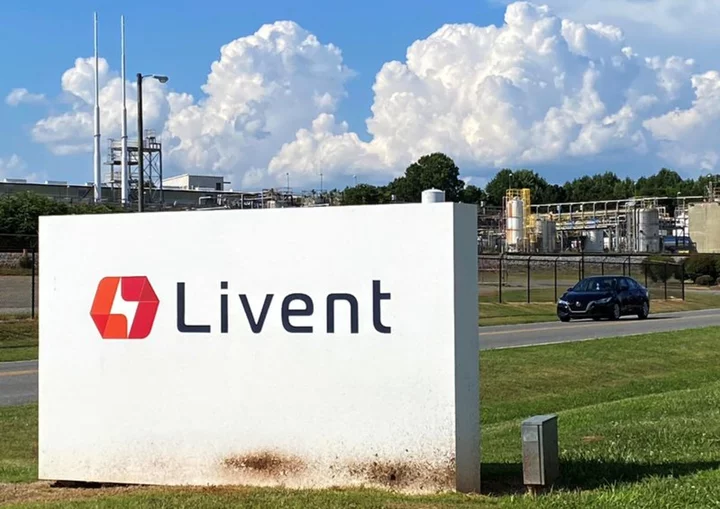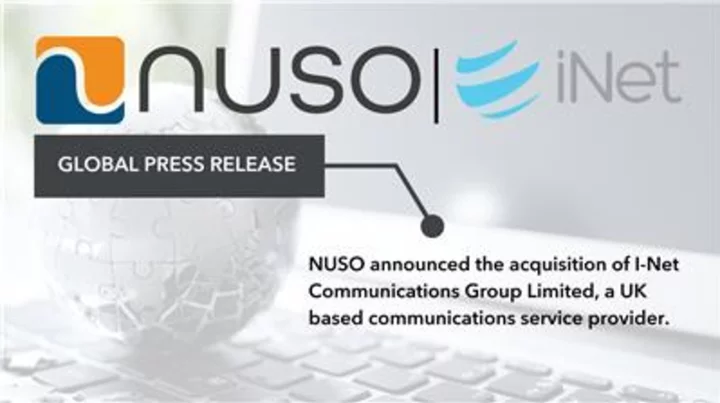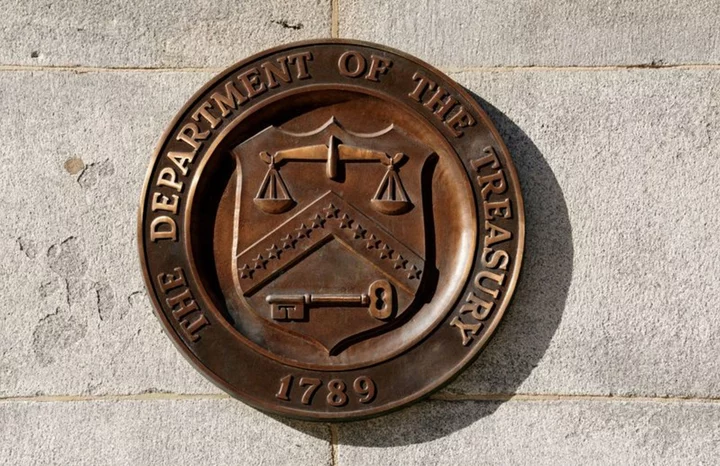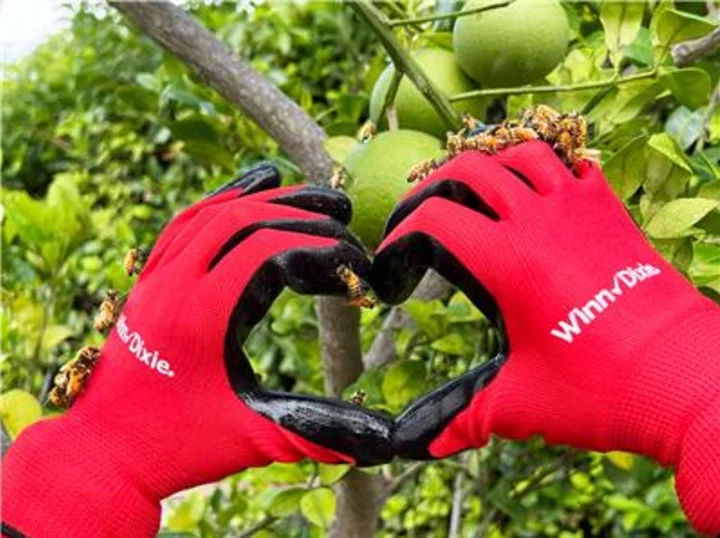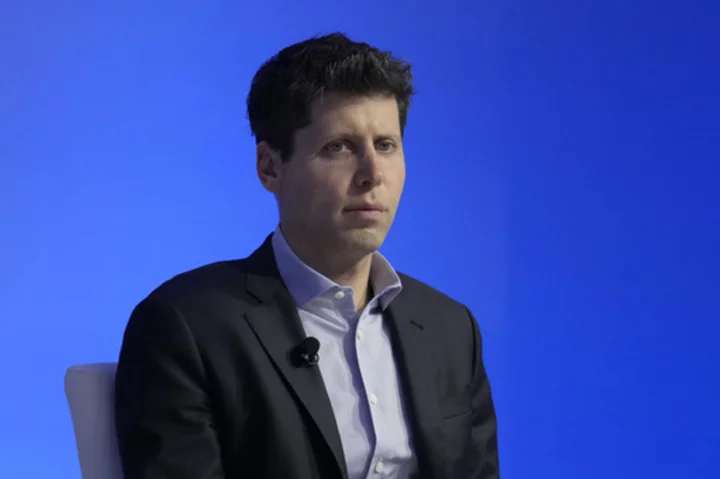By Melanie Burton
MELBOURNE (Reuters) -Shares in Australian-listed lithium miners jumped on Thursday after a $10.6 billion merger in the sector raised expectations for more consolidation among producers of the key metal in electric vehicle batteries.
The tie up between Allkem Ltd and Livent announced on Wednesday will create the world's third-biggest producer of lithium for which demand is expected to soar more than five-fold by 2030 amid the energy transition.
Consolidating disparate lithium producers may lead to smoother supply chains for carmakers such as Tesla Inc., General Motors and BMW that are increasingly hungry to secure supplies.
Allkem shares rallied as much as 18.6%, while Livent gained 5.2% in New York overnight, leading a strong sector advance that saw Australia’s biggest independent lithium producer Pilbara Minerals rise as much as 8%.
Developer Lake Resources, which specialises in the same type of lithium extraction technology in Argentina as Livent, rallied 13%. Others including Liontown, Core Lithium and Sayona Mining were up between 2%-5% after rallying earlier.
Miners flush with cash after last year's surge in commodity prices have been driving deals in Australia's resources sector. Lithium producers in particular have been printing money over the past two years as prices rose six-fold before falling sharply earlier in 2023.
"We saw the lithium price remain not far from record highs for some time which means producers are reasonably cashed up," said David Lennox of private wealth manager Fat Prophets, which holds Allkem shares.
"There will probably be a few more takeovers in the sector. Given the demand expectations, everyone wants to get on board."
BROADER OFFERINGS
Large cash reserves mean miners are well capitalised for heavy spending on expansion projects such as chemical conversion facilities with leftovers for dividends or takeovers, said RBC analyst Kaan Peker in Sydney.
"M&A is set to continue" in the sector, Peker said, adding that miners that expand in size and scale could provide broader offerings to their customers and secure market share as well as rein in costs.
Allkem CEO Martin Pérez de Solay cited the broader range of lithium products it would be able to offer key customers such as Toyota, which also holds 6.16% of Allkem shares through its trading unit, as a key rationale for merging with Livent.
He said in an interview that Toyota is "quite positive" on the deal.
"We are all looking forward jointly with them on a larger and deeper business relationship with the Toyota group," he said.
Historically, original equipment makers (OEMS) like automakers have shied from taking upstream risk in miners because it's not their core competency, but they can't be counted out as buyers in this round of M&A, RBC's Peker said.
"The tightness in the feedstock market is definitely a concern for them. If one breaks rank it's possible that OEMS do acquire upstream assets, something a bit more meaningful than small company stakes, with significant offtake where they can control their destiny," he said.
Volkswagen said in March it plans to invest in mines to bring down the cost of battery cells, meet half of its own demand and sell to third-party customers.
Takeover approaches in Australia's lithium sector this year include Albemarle's $3.7 billion bid for lithium developer Liontown and Tianqi-Igo's approach for lithium explorer Essential Metals Ltd.
(Reporting by Melanie Burton and Yuka Obayashi; Editing by Christian Schmollinger)

